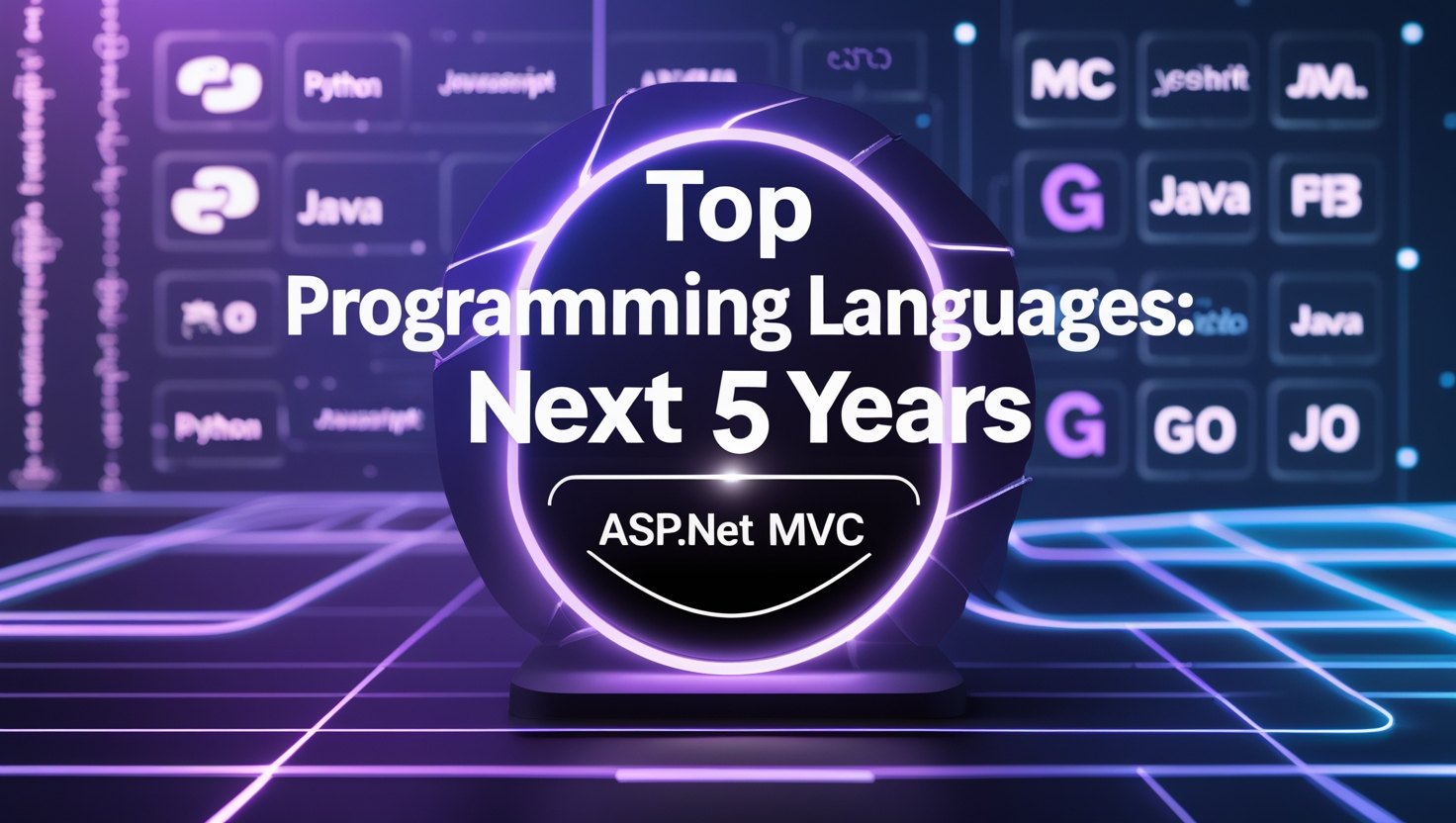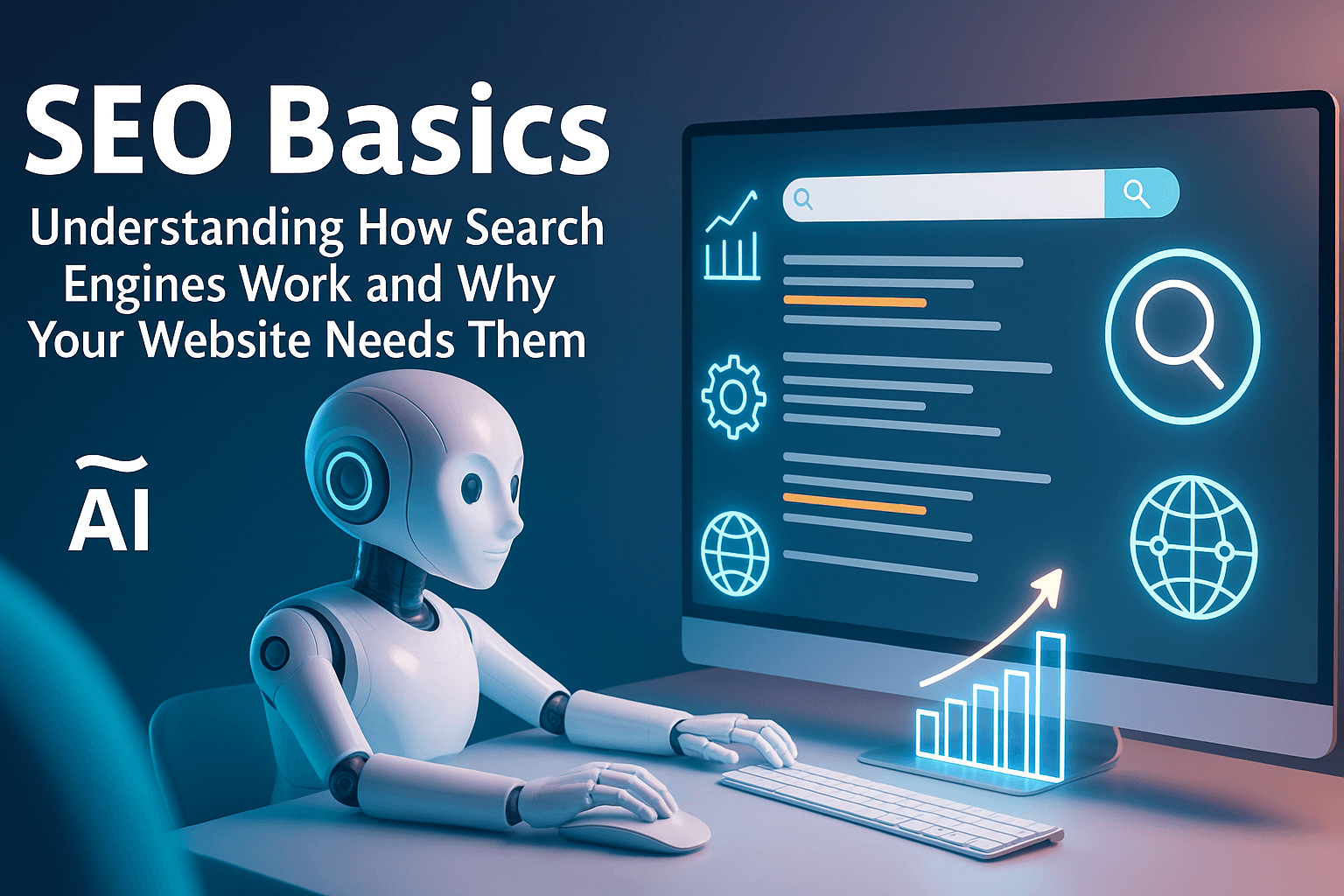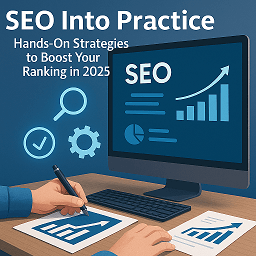The rise of AI tools like GitHub Copilot, ChatGPT, and Amazon CodeWhisperer has sparked a big question:
"Will AI replace programmers?"
Some fear losing their jobs, while others believe AI is just a helper, not a replacement. So, what’s the truth in 2025?
In this article, we’ll break down:
✔ What AI can (and can’t) do in coding
✔ Jobs most at risk (and safest from AI)
✔ How programmers can stay ahead
✔ The future of AI in software development
Let’s dive in.
What AI Can Do in Programming Today
AI has made huge leaps in automating coding tasks. Here’s what it can already do:
1. Write Code (But Not Perfectly)
-
AI tools (Copilot, ChatGPT) generate boilerplate code, functions, and scripts.
-
They’re great at repetitive tasks (e.g., CRUD operations, API calls).
-
But: They often produce buggy, incomplete, or inefficient code.
2. Debug & Fix Errors
-
AI can scan code for errors (like a supercharged linter).
-
Tools like DeepCode and Amazon CodeGuru suggest fixes.
-
But: It struggles with complex logic bugs.
3. Explain & Document Code
-
ChatGPT can break down complex code in simple terms.
-
Helps new developers understand legacy systems.
-
But: It sometimes hallucinates (makes up wrong explanations).
4. Speed Up Development
-
AI auto-completes lines of code, saving 30-50% coding time.
-
Reduces grunt work, letting devs focus on hard problems.
Verdict: AI is a powerful assistant—but not a full replacement.
What AI Still Can’t Do (And Why Programmers Are Safe)
Despite AI’s progress, it lacks key human skills:
1. Problem-Solving & Creativity
-
AI can follow patterns, but it can’t invent new solutions.
-
Example:
-
AI: Can write a basic REST API.
-
Human: Can design a scalable microservices architecture.
-
2. Understanding Business Needs
-
AI doesn’t talk to clients, gather requirements, or make trade-offs.
-
Only humans can balance performance, cost, and user experience.
3. Complex System Design
-
AI struggles with:
-
Optimizing databases
-
Security & encryption
-
Low-level performance tuning
-
4. Collaboration & Leadership
-
AI can’t:
-
Lead a dev team
-
Mentor junior engineers
-
Negotiate with stakeholders
-
Verdict: AI automates tasks, but humans drive innovation.
Which Programming Jobs Are Most at Risk?
Not all coding jobs are equally affected. Here’s the risk level:
| Job Type | AI Risk (2025) | Why? |
|---|---|---|
| Basic CRUD Apps | ⚠️ Medium-High | AI can generate simple backend/frontend code. |
| QA Testing | ⚠️ Medium | AI automates test cases, but humans still design tests. |
| DevOps Scripting | ⚠️ Medium | AI writes scripts, but engineers manage infrastructure. |
| Data Science (Basic Analysis) | ⚠️ Medium | AI does ETL & basic ML, but humans interpret results. |
| System Architecture | ✅ Low | AI can’t design complex distributed systems. |
| Cybersecurity | ✅ Low | Hackers adapt—AI can’t replace human intuition. |
| Game Development | ✅ Low | Creativity & physics engines need human touch. |
Key Takeaway:
-
Repetitive coding jobs will shrink.
-
High-level engineering roles will grow.
How Programmers Can Stay Ahead
Instead of fearing AI, use it to boost your career. Here’s how:
1. Learn AI-Assisted Development
-
Master tools like:
-
GitHub Copilot (for faster coding)
-
ChatGPT (for debugging & learning)
-
Amazon CodeWhisperer (for AWS devs)
-
2. Move Up the Value Chain
-
Shift from writing code to:
-
System design
-
Performance optimization
-
Security & scalability
-
3. Improve Soft Skills
-
AI can’t:
-
Lead teams
-
Explain tech to non-tech people
-
Negotiate project deadlines
-
4. Specialize in Hard Problems
-
Focus on areas AI struggles with:
-
Low-level programming (C++, Rust)
-
Blockchain & cryptography
-
AI/ML model training (ironic, right?)
-
The Future of AI & Programming
2025-2030 Predictions:
✔ AI will handle 40-60% of boilerplate code (devs review & refine).
✔ Entry-level coding jobs will decline, but senior roles will grow.
✔ New jobs will emerge (AI trainers, AI-assisted devs).
Will AI Replace All Programmers?
No. But:
-
Bad programmers who just copy-paste code will struggle.
-
Smart programmers who leverage AI will earn more.
Final Verdict: AI is a Tool, Not a Replacement
✅ AI will change programming—but not eliminate it.
✅ Low-level coding jobs will decline, but high-level engineering will thrive.
✅ The best programmers will use AI to 10x their productivity.
Instead of fearing AI, learn to master it.
What Do You Think?
Will AI replace programmers? Or just make them faster and smarter?
Let’s discuss in the comments!
For more insights on AI and programming, visit SharpEncode.
Got questions? Contact Us Here. 🚀
FAQ
Q: Will AI replace software engineers by 2030?
A: No. AI will automate repetitive tasks, but humans will still design, optimize, and lead.
Q: Should I learn to code if AI can write programs?
A: Yes! AI needs skilled developers to guide it. Future jobs will require AI + coding knowledge.
Q: What programming languages are safest from AI?
A: Low-level (C++, Rust) and niche languages (Solidity for blockchain) are harder for AI to fully replace.
Q: Can AI build a full app by itself?
A: Not yet. It can generate pieces, but humans must integrate, debug, and optimize.
Got more questions? Reach out to us! 😊


